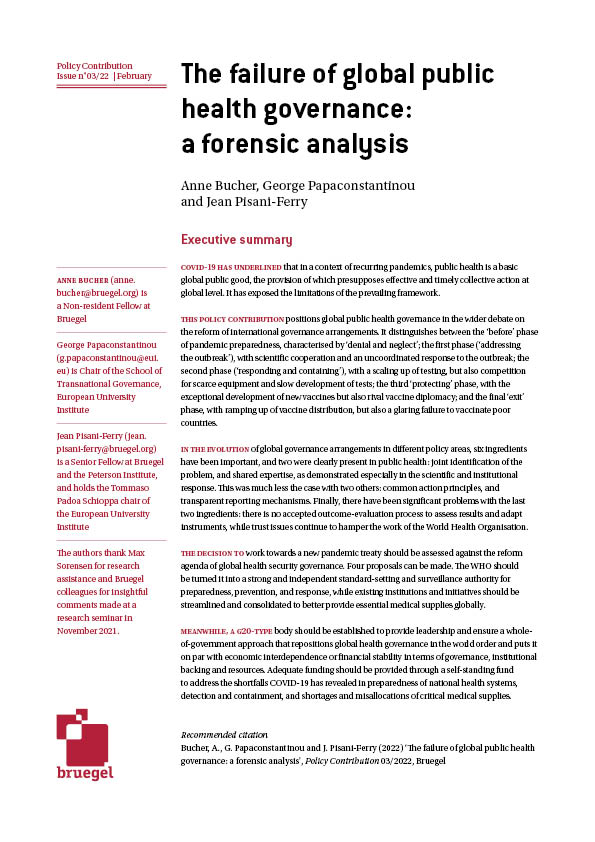Opinion
Can households in the European Union make ends meet?
Half the households surveyed by Eurostat see themselves as unable to find the resources they would need to cope with an unexpected expense within a month, estimated by experts at €375 in the case of Greece.
 This article originally appeared in the Greek daily newspaper “Kathimerini”.
This article originally appeared in the Greek daily newspaper “Kathimerini”.
Would you be able to afford a medium-size unexpected cost in your family, say a surgery or a funeral, urgent repairs at home or needing to replace a washing machine? This is a question asked in a survey carried out by Eurostat, the European Union’s office of statistics, aiming to understand how households assess their own capacity to afford an unexpected expense.
One in three households in the EU are unable to afford such an expense. The corresponding figure in Greece is 50%, which puts the country in the third worst position after Latvia and Croatia. Half the households surveyed deem themselves unable to find the resources they would need to cope with an unexpected expense within a month, estimated by experts at 375 euros in the case of Greece.
The amount of 375 euros represents about a quarter of the average monthly income of Greek households (1,600 euros). The choice of such an amount does not aim to test the “affordability” of income. Rather, it aims to check whether households have enough savings to use for a rainy day, a concept known as “financial resilience.” Or in the absence of funds, a concept known as “financial fragility,” in other words, the inability to cope with expenses that are not daily, but are not entirely rare either.
Greece’s position has not always been that low. At the beginning of the financial crisis, in 2009, 25% of Greek households estimated themselves as being financially fragile. That was below the EU average and half of what it is now. But from 2010 to 2014, when the ratio stabilized at 50%, the number of households unable to afford such costs doubled. By contrast, the median EU household fragility has remained stable, although there are very substantial differences between countries.
This is not a story about the poorest segments of the population. The objective of the Eurostat survey is to understand how the average household fares in terms of fragility. The numbers, collected last in 2018, show that a good number of households across Europe came into the pandemic lockdown with inadequate savings. The aftermath of this recession is not yet known, but we know that many households will reach and even cross the poverty line, with corresponding social consequences.
Admittedly all countries in Europe did provide assistance to those immediately hit. But this assistance can only be temporary and targeted. The average household needs to be in a position to help itself. And yes, while more income is always better, the concept of financial fragility is about the ability to save.
The Eurostat survey also shows that these numbers do change but not quickly, and that is because the habit of saving, necessary for financial resilience, is something that needs to be taught and supported.
Many countries now have initiatives to increase awareness, support and encourage households to improve their financial wellbeing. From promoting and supporting financial literacy at all levels of the education system, to providing direct advice in hard times, the financial wellness of households is an integral part of societal welfare. So that households are better prepared for both their long-term income needs (e.g. securing resources for their old age) as well as for the most short-term variable needs, both planned and unplanned.
For a continent that has built a society that values welfare and safety nets, it comes as a big surprise if not disappointment to see quite how many of us are unable to meet the expenses of a funeral or an unplanned house repair. The European middle class is not as financially secure as it might have wished to be.
This article is based on the recent Bruegel Policy Contribution “The financial fragility of European households in the time of Covid-19″ by the same authors
Republishing and referencing
Bruegel considers itself a public good and takes no institutional standpoint.
Due to copyright agreements we ask that you kindly email request to republish opinions that have appeared in print to [email protected].














